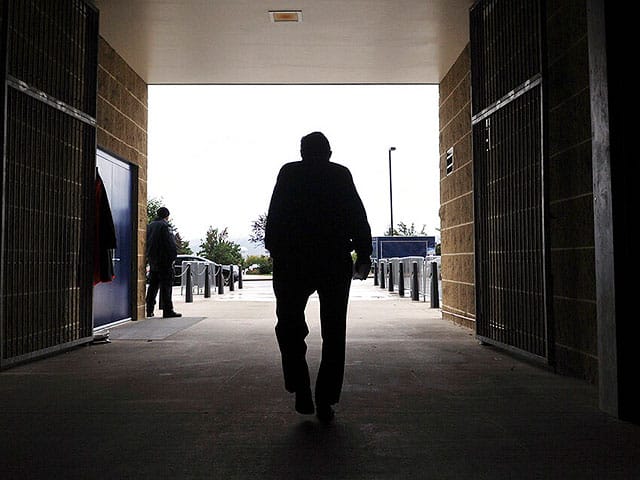On the eve of Holocaust Remembrance and Heroism Day, the Holocaust Survivors Fund released the findings of a survey highlighting the challenges and needs faced by elderly Holocaust survivors. According to the survey, 50% of respondents express a desire to leave their homes more frequently but require assistance to do so. Additionally, 35.8% of respondents live alone.
Among the respondents, 36% require significant assistance in acquiring food, in addition to the aid they currently receive. Furthermore, 27% are compelled to forgo meals due to financial constraints or mobility issues.
In terms of healthcare needs, 39% require assistance with eye exams and selecting glasses for home use, while 33% need dental care. Alarmingly, 24.3% of Holocaust survivors are forced to decline medical care or mobility aids.
Regarding medication access, 7.6% are unable to afford necessary medications, despite the fact that this demographic in Israel receives 100% exemption from medication and service fees covered by the national healthcare system. Moreover, 12% lack access to certain rooms within their homes.
An overwhelming 88.9% of respondents found the additional care assistance provided by the Holocaust Survivors Fund—9 hours of care per month in addition to government-provided “metapelette” hours—extremely beneficial.
Loneliness is a prevalent issue, with 41% of respondents acknowledging feelings of isolation. Additionally, 19% of Holocaust survivors never leave their homes, and 25% require outside assistance to do so. A majority (69%) rely on the help of others to venture outside.
The survey also addressed changes in the lives of Holocaust survivors after the events of October 7. A significant 61% reported a decline in their quality of life during wartime, with 50% experiencing worsened psychological health. Furthermore, 18% lack adequate protection from rocket attacks, with 46% lacking access to a protected space in their homes or nearby, and 30% facing difficulty reaching a bomb shelter.
Financial strain is evident, as 51% struggle to cover monthly expenses, leading 30.8% to forgo cleaning and personal care products, while 23.3% cannot afford new electrical appliances.













